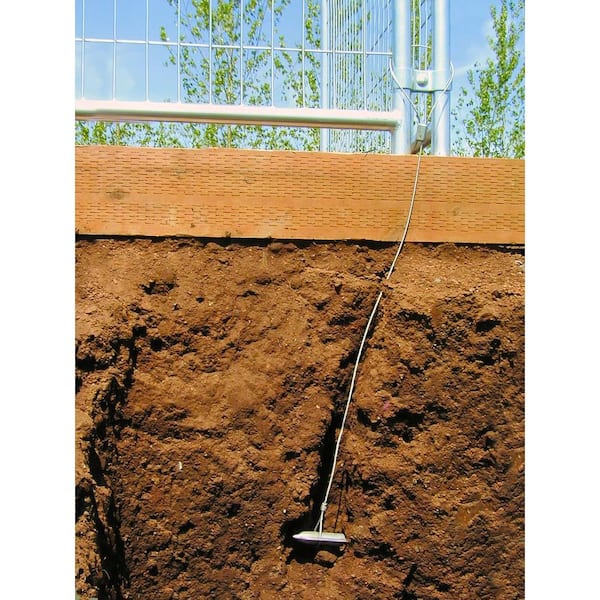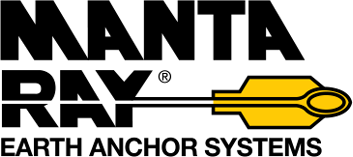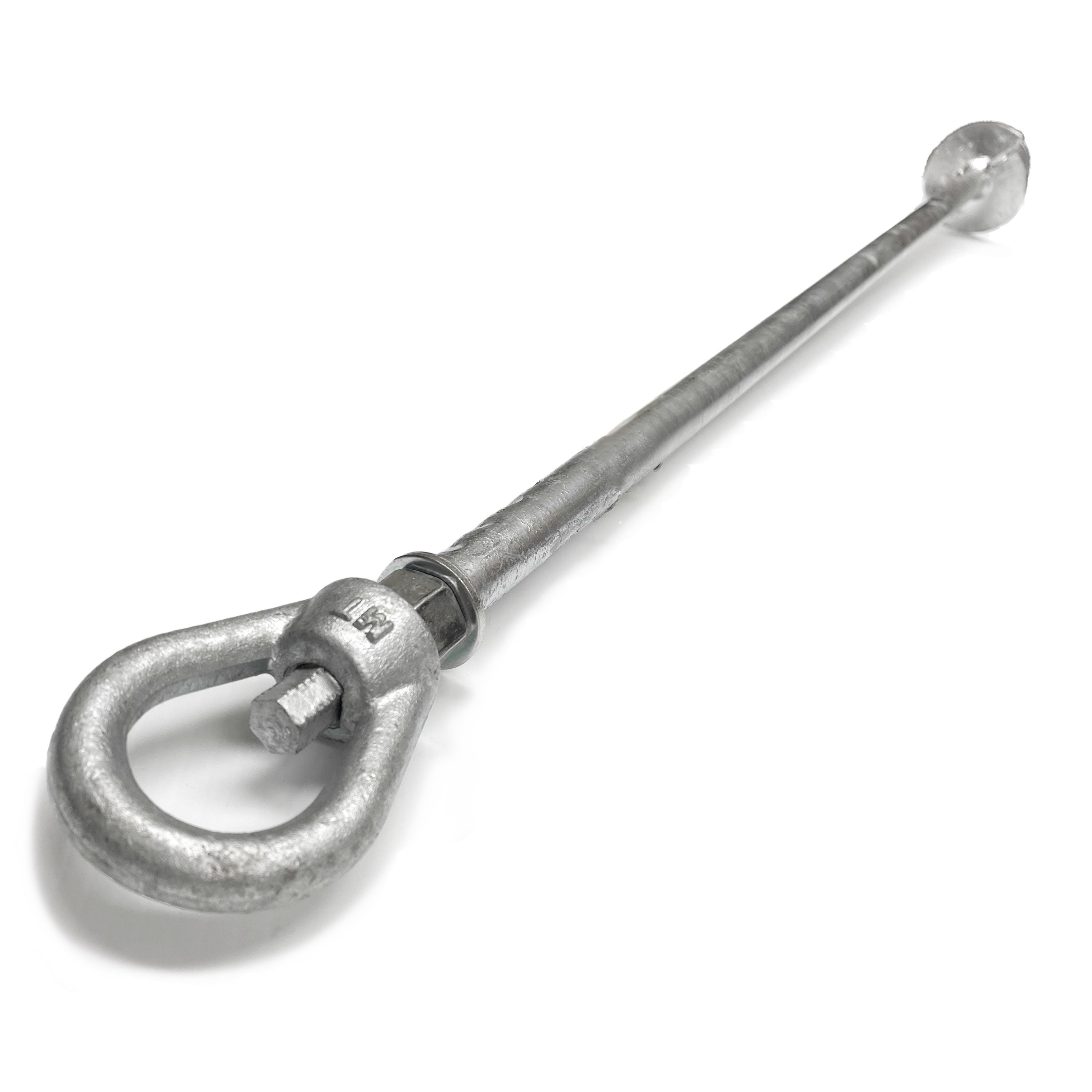How a Quality Ground Anchor Plays a Role for Motorcycles
How a Quality Ground Anchor Plays a Role for Motorcycles
Blog Article
Discover the Necessary Uses Ground Support in Building And Construction and Landscape Design
Ground supports are integral parts in both construction and landscape design, giving essential stability and assistance across different applications. From protecting fences and gateways to supporting momentary frameworks and enhancing the integrity of keeping walls, their convenience is noteworthy. Their function in anchoring hefty devices and boosting dirt retention emphasizes their significance in advertising safety and sustainability. The full range of their benefits and applications discloses complexities that merit further exploration, especially in exactly how they can change job end results in both residential and business setups.
Securing Fences and Gates
Protecting fences and entrances is a basic aspect of home delineation and security in both residential and commercial atmospheres. Ground supports play a vital duty in ensuring that these frameworks remain secure and effective in time. By supplying a robust anchoring solution, ground anchors help stop fencings from leaning or collapsing due to ecological aspects such as wind, soil disintegration, or ground motion.
In domestic settings, correctly anchored fences not just enhance the visual allure of a residential or commercial property yet additionally provide safety and safety for animals and families. In commercial atmospheres, protected fencing is important for shielding properties, delineating property limits, and ensuring the safety of consumers and workers. Ground anchors can be mounted in different dirt types and problems, making them flexible for different projects.
Moreover, using ground anchors permits for a more irreversible service contrasted to standard methods, such as concrete grounds, which can be lengthy and labor-intensive. Ground Anchor. This effectiveness is specifically important in landscape design tasks where timelines are essential. Overall, the assimilation of ground supports right into fence and gate installations substantially adds to their durability, capability, and general effectiveness in safeguarding buildings
Supporting Momentary Structures
While short-term frameworks are frequently designed for short-term usage, their stability is crucial for making sure safety and capability during their operational duration. Ground anchors work as a reliable solution for supporting these structures, which may consist of camping tents, phases, or modular structures. By anchoring these installments firmly to the ground, ground supports help stand up to wind uplift and lateral pressures that might compromise the integrity of the structure.

In addition, using ground anchors permits easy removal and repositioning of short-term frameworks, making them a suitable choice for building and construction sites or events that call for adaptability. Overall, ground anchors are an essential device in the effective and risk-free management of temporary structures, ensuring they do dependably throughout their planned usage.
Sustaining Keeping Walls
Making use of ground supports considerably boosts the structural honesty of keeping wall surfaces, which are essential for managing dirt disintegration and keeping landscape security. Maintaining wall surfaces are subjected to side earth stress, and without adequate support, they can stop working, bring about expensive repairs and prospective damage to surrounding structures. Ground supports give a trusted service by transferring the lots from the wall surface right into the underlying dirt or rock, making sure the wall stays upright and protected.
These supports are normally installed at an established angle and depth, permitting them to withstand the forces put in by the maintained soil. By utilizing high-tensile strength products and proper setup strategies, ground supports can significantly boost the wall's efficiency under numerous ecological problems, consisting of heavy rains and seismic task.
Furthermore, making use of ground anchors can minimize the need for substantial excavation and product usage, promoting more sustainable construction techniques. This strategy not just enhances the sturdiness of keeping walls my sources yet likewise lessens the overall impact of landscaping jobs. As a result, incorporating ground supports in maintaining wall design is a crucial practice for both building experts and landscape architects aiming to make certain long-term stability and safety and security.
Anchoring Heavy Equipment

Ground supports offer a reputable approach to protect equipment, distributing pressures evenly and strengthening stability. The use of anchors allows operators to function confidently, specifically when raising or relocating hefty lots. Additionally, in circumstances where machinery have to be placed on unpredictable or soft dirt, ground supports can be set up to improve hold and protect against tools from sinking or becoming paralyzed.
Applying a methodical strategy to securing hefty equipment not only boosts operational performance yet also maintains security criteria on website. Routine assessments and upkeep of anchoring systems are important to guarantee their continued efficiency. By prioritizing the anchoring of hefty tools, building and landscaping specialists can produce safer workplace, ultimately resulting in more successful job outcomes.
Enhancing Soil Retention

Soil disintegration presents a significant difficulty in both construction and landscaping projects, making efficient soil retention strategies important. Ground supports play a vital role in enhancing soil retention by providing security to frameworks and plant life, therefore protecting against dirt displacement brought on by water runoff and wind.
The setup of ground supports involves installing steel poles or wires deep into the soil, which are then secured to maintaining walls, terracing systems, or vegetation. This anchoring mechanism not only supports the dirt however additionally enhances the total honesty of landscaping attributes. In sloped locations, ground anchors can be utilized to support maintaining wall surfaces, successfully reducing the threat of landslides and dirt erosion.
Moreover, these anchors aid in the establishment of deep-rooted plants, which additionally strengthen the soil framework. By motivating origin development, ground supports add to a durable community company website that naturally holds dirt in location, lowering the need for fabricated barriers or regular upkeep.
Final Thought
In conclusion, ground anchors serve multiple crucial functions in building and construction and landscape design. By assisting in these important jobs, ground supports contribute significantly to the overall stability of different tasks, making sure resilience and sustainability in both industrial and property setups.
By giving a robust anchoring option, ground anchors aid avoid fences from leaning or collapsing due to ecological aspects such as wind, dirt disintegration, or ground movement. - Ground Anchor
By read review anchoring these installments securely to the ground, ground supports help stand up to wind uplift and lateral pressures that might compromise the stability of the structure.
Using ground anchors significantly improves the architectural integrity of retaining walls, which are crucial for managing dirt disintegration and maintaining landscape stability. Ground supports supply a reputable service by moving the lots from the wall into the underlying soil or rock, ensuring the wall continues to be upright and safe and secure.

Report this page